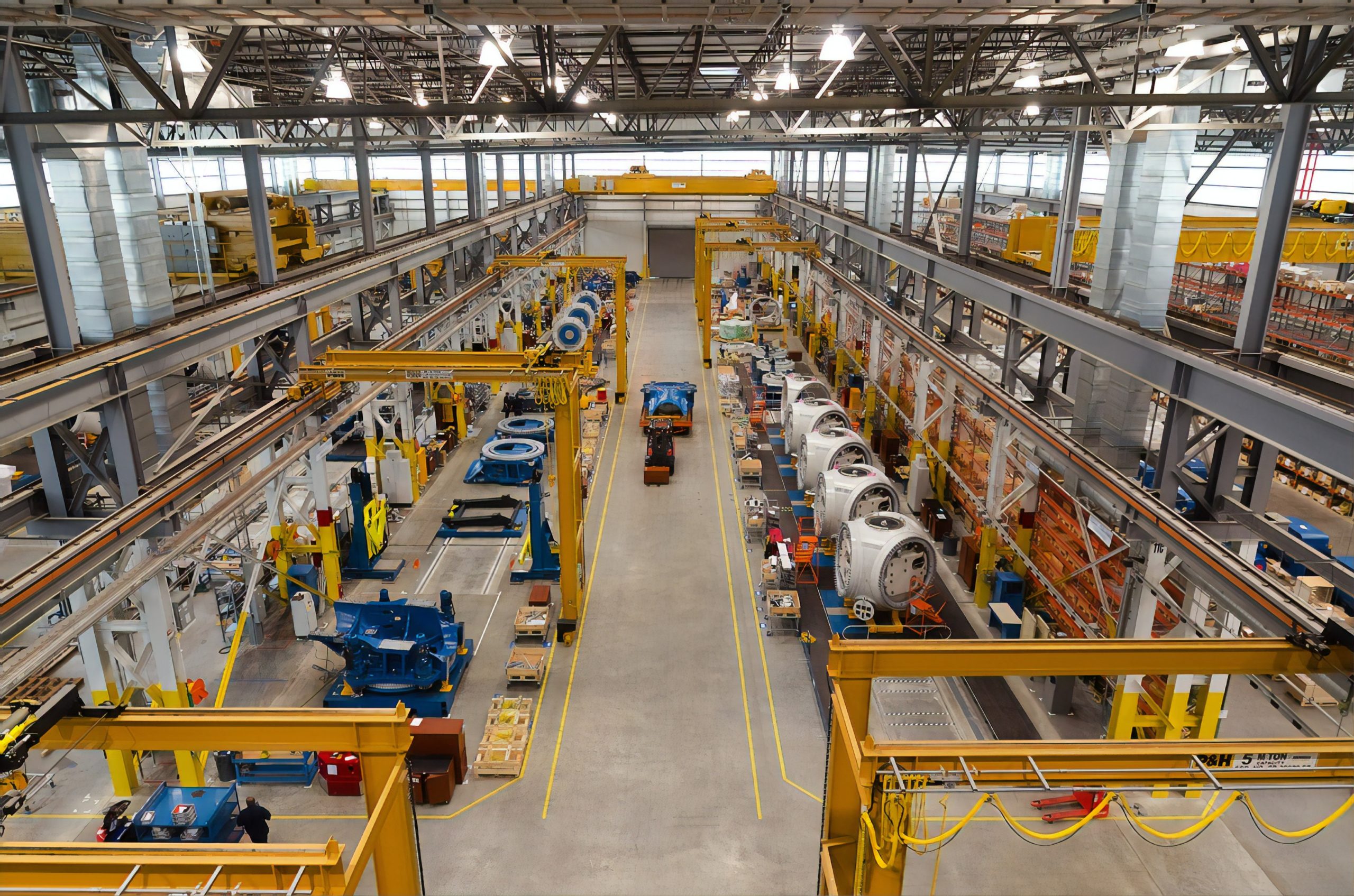No manufacturer was left unchanged by the pandemic. Vulnerabilities in the supply chain were exposed, operations pivoted, and changes were accelerated. Some businesses were forced to shut their doors or cut production, and many were caught off guard when customer demand came booking back.
As we move to a post-pandemic world and reflect on the lessons learnt, many businesses in the manufacturing industry are continuing to experience challenges. What are these challenges? And in an unpredictable world, how can you prepare for the future?
Challenges facing the manufacturing industry
Supply chain disruption
After two years of supply chain disruption, issues continue to persist, partly due to the pandemic accelerating problems, the growth of e-commerce and supply simply being unable to meet demand. We’ve seen how a computer chip shortage has had a knock-on effect across multiple industries. For the car industry, the shortage of chips has forced car manufacturers such as Toyota to cut production and delivery targets.
As complex global supply chains were disrupted during national lockdowns, many businesses have had to evaluate their manufacturing lifecycle. Developing a long-term supply chain strategy will be a key part of the new post-pandemic normal.
Skills shortage
Open positions remain unfilled in many sectors. However, a report by Search Consultancy found that the engineering and manufacturing industry is the worst affected with 85% of businesses currently feeling the strain from a lack of skilled workers.
The competition for talent is high and for many, there is also a struggle to secure the talent they need. The pandemic disrupted training which has reduced the inflow of newly qualified staff. With the spread of automation and digitalisation in the manufacturing industry, roles in the supply chain are changing. The pace at which this technological change has advanced means a shortage in the skills required to keep up.
The effects of Brexit have also been felt, with 11 per cent of the sector’s workforce coming from the EU, the UK’s departure has intensified the skills shortages.
Net zero
With pressure being put on all businesses to lower their carbon footprint and meet the government’s net zero target, sustainability is going to be a big challenge for many in manufacturing. As part of this commitment, the government announced mandatory climate risk reporting for many companies by 2023.
The manufacturing and construction sectors together account for 16% of the total UK carbon emissions. In an industry that produces significant carbon emissions, manufacturing businesses have a big part to play in meeting the government’s net zero target.
There is also pressure from customers and potential employees. As more consumers gravitate towards sustainable brands and businesses, companies need to adapt their business practices to become more sustainable.
There are many business benefits to reducing your environmental impact, from meeting legislation and demonstrating your green credentials to reducing waste and improving efficiency. Putting sustainability at the centre of your business strategy can add value to your business, helping you save costs and give you a competitive advantage. One way to do this is by implementing an environmental management system.
The key to sustainable recovery and growth
If the pandemic has taught us anything, it is an increasing need for supply chain transparency and flexibility. With more insight and visibility across the whole supply chain, the more you can plan and prepare for any potential problems.
The pandemic highlighted the need for businesses to be prepared for the unexpected. To have procedures in place to help them react quickly and confidently to limit disruption and shorten downtime as much as possible. Building a more resilient supply chain will be crucial for long-term, sustainable recovery.
Adopting a more risk-based approach can help you identify potential risks to your business operations and create plans to either mitigate or remove them. This will also help you detect any opportunities that can be capitalised on and save costs. Adopting or adapting your business continuity plan can also put your manufacturing business on a stronger footing.
If you’d like to chat to the experts about how ISO Standards can help your business, simply contact us on 0330 3111915 or head here to find your perfect ISO.
Serena Cooper
Serena has worked for QMS since 2022, writing creative and informative content on ISO certification and consultation to help businesses reach their potential.
